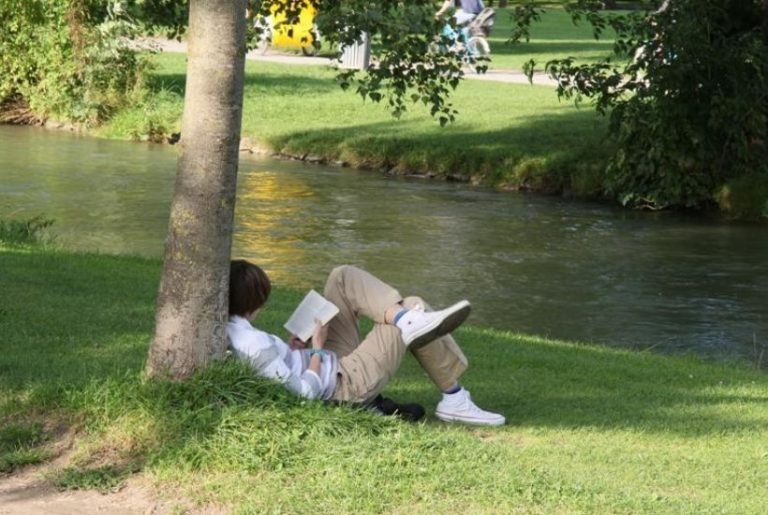The Educational Virtues
This post may contain affiliate links. For more information, please read my disclosure policy.
Educational Virtues
What defines a good student? Is it hitting the books everyday? Diligently doing what you assign, but going no further in their studies? Or is it something else, something more?
This year I’m working my way through Dr. Christopher Perrin’s Eight Essential Principles of Classical Education. Over the last couple of months, I’ve discussed Festina Lente, Multum non Multa, Repetitio Mater Memoria, and Embodied Learning. I’ve also discussed the principle of songs, chants, and jingles and wonder and curiosity. Now I’ve reached the educational virtues!
Studere
Dr. Perrin said something interesting in his lecture about the principle of educational virtue. He mentioned that student comes from Latin’s studere which means zealous, eager. I looked the definition up myself and discovered it also means strive and desire.
Are your kids zealous and eager about their schoolwork? Do they desire to learn about truth, goodness, and beauty? Or are they simply going through the motions?
I have to admit, often it seems my kids go through the motions. They’re eager, eager to run off to their own pursuits of books to read, games to play, and friends to visit. But are they zealous about learning to love what is good, what is truth, and what is beautiful?
Am I zealous and eager myself? Are you?
The educational virtues are the virtues that come out of the desire for good, truth, and beauty. These are virtues such as love, humility, courage, and temperance.
Are we getting caught up in the pursuit of truth, goodness, and beauty and shouting to the world, I WANT that?
Diligere
At the same time diligence, such an important concept of scholé, comes from diligere which means to esteem highly, to prize.
Why do we prize education? Do we prize the pursuit of truth, goodness, and beauty? Or do we prize the pursuit of colleges, a good job, and a comfortable lifestyle?
Why are we striving for classical education in the first place?
 Teach By Example
Teach By Example
I don’t know about you, but I want to cultivate children who esteem education; children who love what is beautiful, true, and good.
But kids don’t just wake up one morning loving to read Shakespeare. They don’t come running in the door with a desire to listen to Mozart or study Michelangelo’s David.
We need to lead our children by example. Do we spend time reading great literature or do we just assign it to our kids and hope they appreciate it?
During your morning time together, do you spend it doing math facts, studying geography, but ignore poetry altogether?
The point I’m trying to make is that if we truly believe in teaching our children about truth, goodness, and beauty, we need to lead the way. If we want to develop the educational virtues in our kids, we must develop the virtues in ourselves first.
We must esteem what is beautiful and be diligent about showing our children beauty. Recite poetry together, sing beautiful music, and read great literature.
We must be zealous students who esteem truth, goodness, and beauty. After all more is caught than taught.
Recommended Reading:








